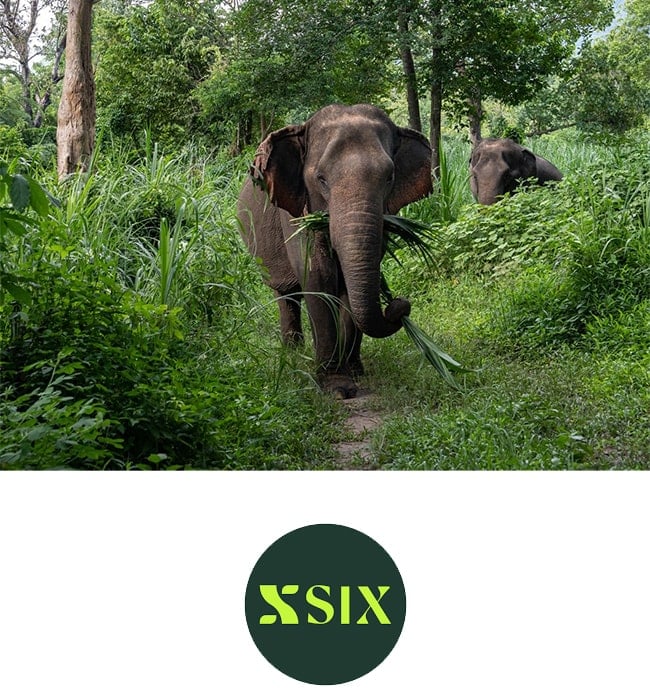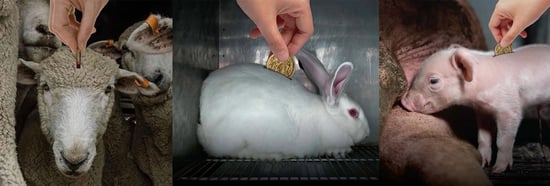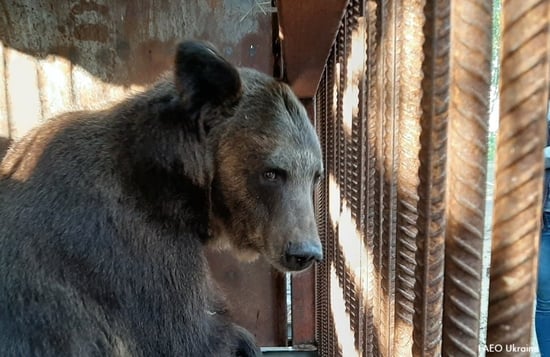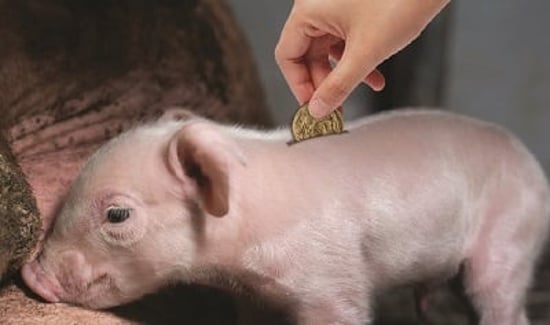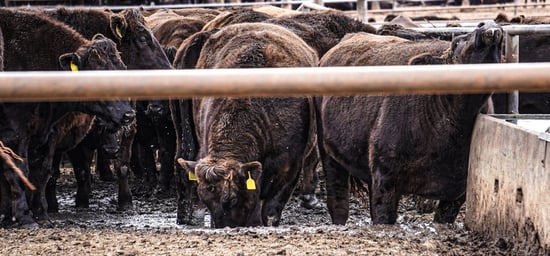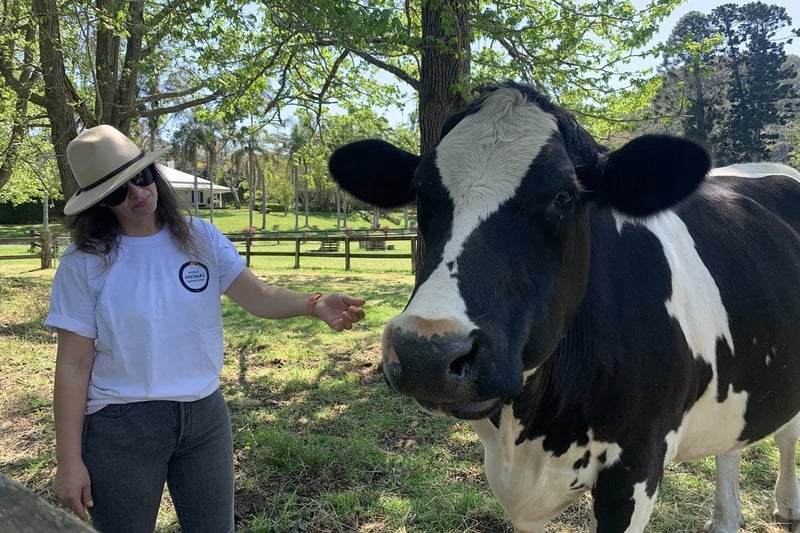
4 ways to ensure your money isn’t harming animals
News
As ethical investing gains momentum, more Australians are using their financial power to push for better treatment of animals. From shareholder votes to super funds, here are five ways to ensure you’re aligning your money to your values.
It’s not just about avoiding companies that cause harm to animals but also using your wallet to push for progress. Here are five amazing ways to create a better world for animals through your money choices:
1. Ensure the companies you invest in prioritise animal welfare
Ethical investing involves choosing companies that align with your values. For animal advocates, this means avoiding businesses that profit from animal cruelty.
For example, if you’re investing in sectors like tourism, it’s worth checking whether the company has a clear and robust animal welfare policy. This can be done easily with the help of platforms like SIX - Australia’s only ethical share trading platform.
2. Use shareholder activism to push for change
This is different from ethical investing. Shareholder activism helps you hold companies to account by buying shares in them.
This way you can flex your shareholder power by filing resolutions, engaging directly with the company about their practices and voting on changes to their business at their Annual General Meeting.
For example, SIX recently collaborated with us on a campaign to call on Webjet - one of Australia’s leading travel companies – to stop selling low-welfare wildlife activities on their website.
As a share trading platform, SIX helped amplify our message by encouraging Webjet’s shareholders to speak up and use their influence to drive change for wildlife.
3. Ask your bank or super fund where your money goes
Sometimes, helping animals starts with a simple question. Asking where your money is invested - whether it’s in your bank account or super fund - can reveal more than you would expect.
Many financial institutions invest in businesses that harm animals, such as beauty brands that use ingredients that have been tested on animals, or shipping companies involved in live animal export. By asking questions, you can put animal welfare on their radar and push for more responsible investment practices.
Here are three questions you can ask your bank or super fund:
- Do you have an animal welfare investment policy?
- Are any of your portfolios exposed to factory farming or captive wildlife tourism?
- What steps are you taking to screen out companies that exploit animals?
In 2022, World Animal Protection published a guide to help Australians assess their super funds’ links to factory farming, animal testing and live animal exports. You can find it here.
Is your super funding animal cruelty?
It's the super industry's dirty secret, did you know that 90% of major super funds don’t have a public position on animal welfare?
4. Join the movement to protect animals
From caged bears suffering on cruel bile farms, to mother pigs who are forced to endure unimaginable suffering on factory farms - every animal deserves a life worth living.
By making a kind-hearted gift today, you could bring us closer to a future where no animal has to endure such pain and help fuel our urgent work taking place around the world to end animal suffering.
Will you protect animals?
Every animal deserves a life worth living – from captive lions used for trophy hunting to mother pigs in cages in factory farms.
Bonus idea: Talk about it to raise awareness
Change spreads when people talk. Whether it’s over coffee, in a workplace meeting, or on social media, sharing your experience with ethical investing or shareholder activism can inspire others to think differently about where their money goes.
You might encourage your employer to review their investment policies, suggest a speaker for your next team lunch, or simply forward this article to a friend. Every conversation helps build momentum for more ethical financial systems that drive change for animals.
This blog is general in nature and is intended for information purposes only. It is not intended to be financial advice.
How factory farming is funded
Factory farming operations are typically financed by banks and investors, who allocate resources to industries that yield maximum profits.
Donate to protect animals
Factory farming traps farmed animals in an endless cycle of abuse and cruelty. This tragedy will only worsen as demand for meat grows globally.
